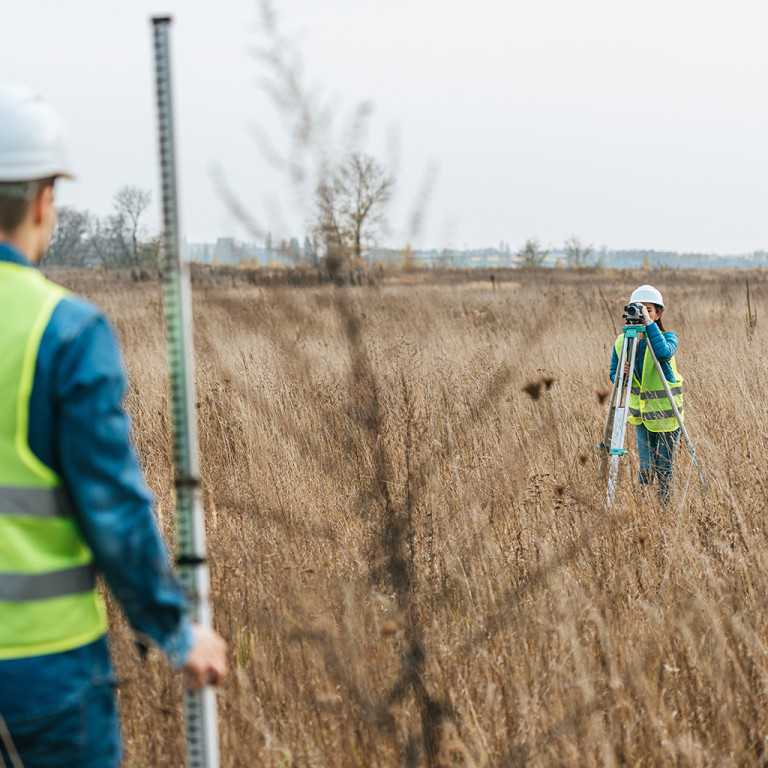Where a local authority has adopted Community Infrastructure Levy, a developer who has assumed liability to pay the CIL charges must pay CIL prior to commencement of the development otherwise a penalty for late payment may be due.
What is a Community Infrastructure Levy notice?
The Community Infrastructure Levy (CIL) is a planning charge for local authorities in England and Wales to help deliver infrastructure to support the development of their area.
The notice sets out the amount you must pay for CIL for the development. The CIL will include all relevant floorspace contained in the development, including any that may be eligible for relief or exemption. A new liability notice will be issued at any point that the liability changes.
Can you appeal a Community Infrastructure Levy notice?
It it is important for developers to be fully aware of the procedures under the CIL Regulations to avoid having to pay surcharges for late payment. Developers must also remember that very minor works (not just demolition) can commence development and trigger the liability to pay CIL and they need to be aware of this before carrying out any redevelopment works.
What happens if you fail to submit a Community Infrastructure Levy notice?
In a recent appeal to the Planning Inspectorate a developer who had failed to submit a Commencement Notice to the local authority argued that works of demolition to clear the site ready for development should not be considered as commencing the development requiring prior payment of CIL.
The Community Infrastructure Levy Regulations 2010 state that “development is to be treated as commencing on the earliest date on which any material operation begins to be carried out on the relevant land”. Under the Town and Country Planning Act 1990 “any work of demolition of a building” is considered to be a material operation. The developer should therefore have submitted a Commencement Notice and made the CIL payment before carrying out demolition works. The developer had argued that the local authority did not know the CIL procedures which had been a factor in his non-compliance with the Regulations. The Inspector, however, was not able to take the local authority’s conduct into account.
Find out more
Our experienced team of planning lawyers are on hand to advise on any questions or advice you need on planning permissions.






